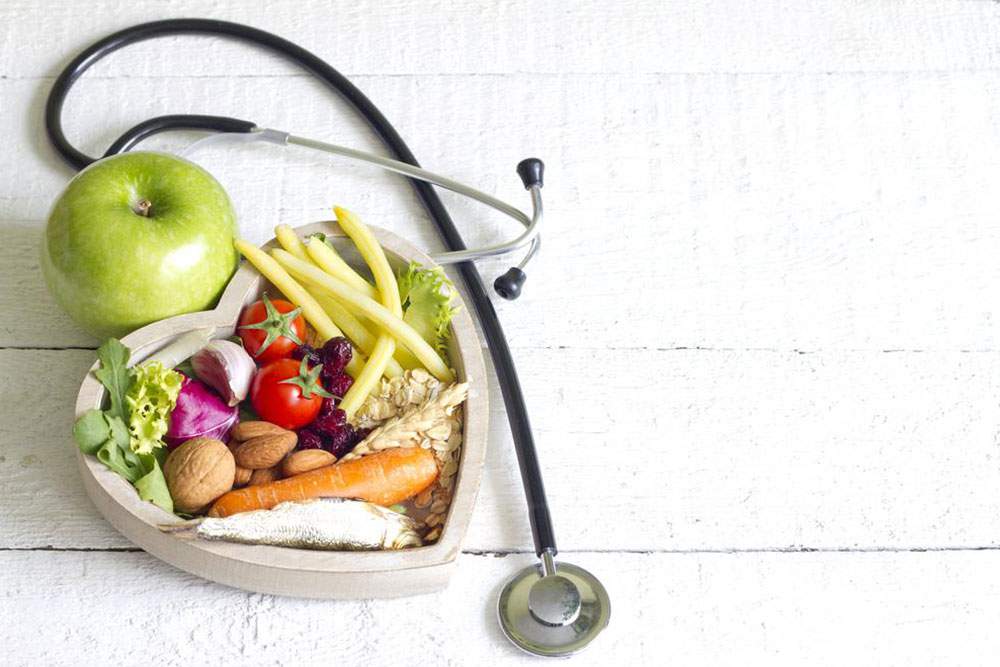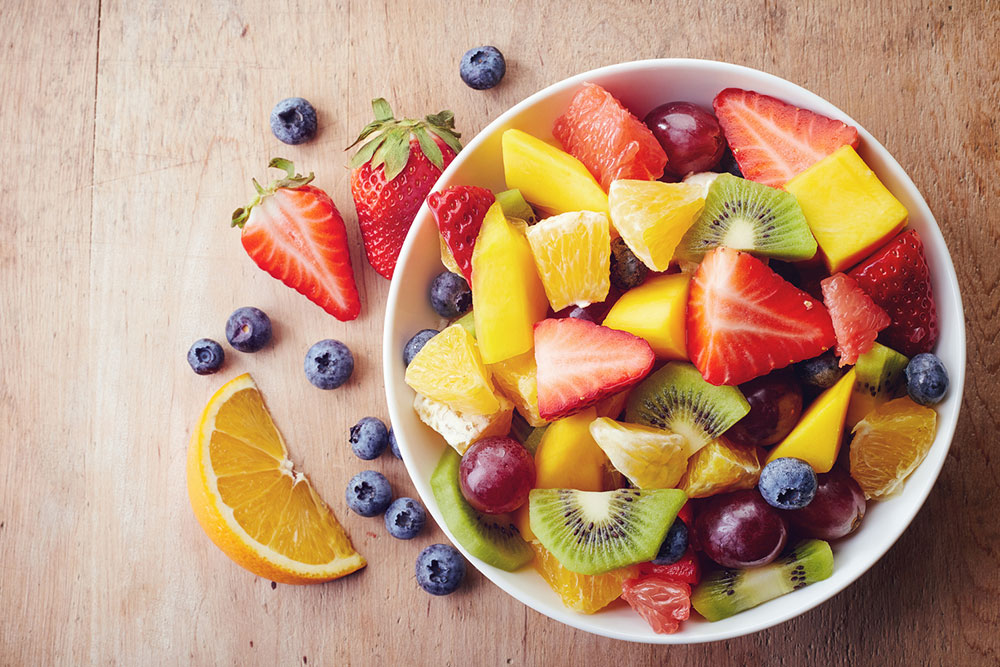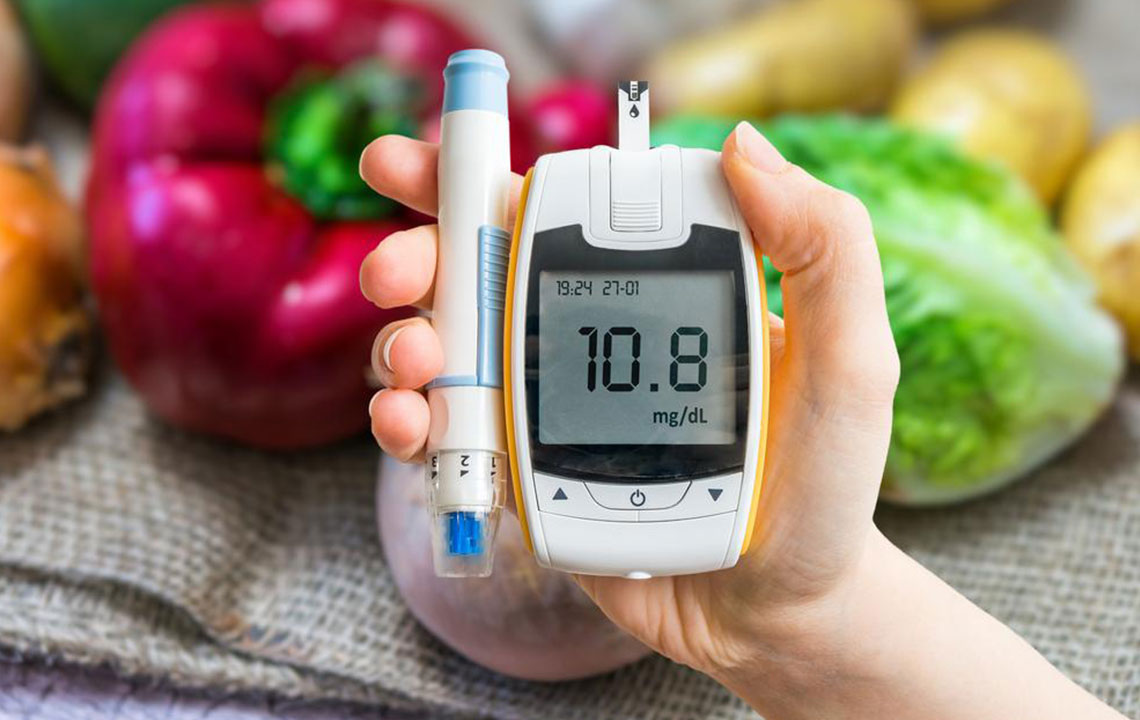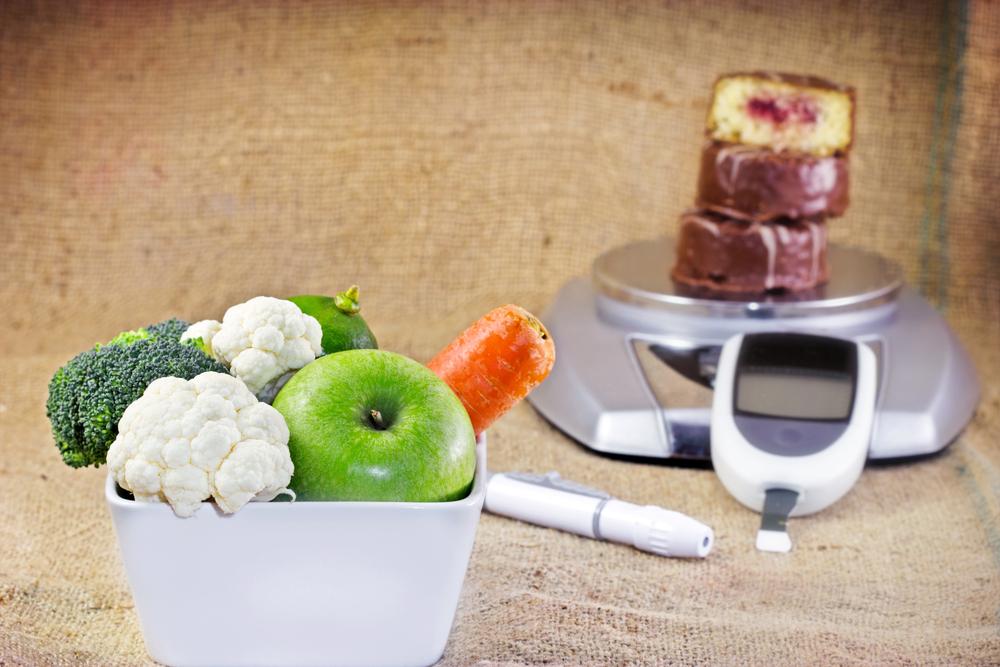Comprehensive Diet Guide for Diabetes Management: Foods to Prioritize and Avoid
This comprehensive guide explores essential dietary strategies for diabetes management. It highlights foods to avoid, like sugary beverages and refined carbs, and recommends nutritious options such as omega-3-rich fish, leafy greens, eggs, and seeds. Making these informed dietary choices can help stabilize blood sugar, support heart health, and improve overall well-being. Whether you’re newly diagnosed or looking to optimize your current diet, this article provides practical tips and insights to empower effective diabetes care, promote healthier living, and reduce associated risks.

Comprehensive Diet Guide for Diabetes Management: Foods to Prioritize and Avoid
Effectively managing diabetes hinges on making informed dietary choices. The foods you consume directly influence blood sugar and insulin levels, which are crucial factors in controlling the disease. An improper diet can lead to frequent blood sugar spikes, increased insulin resistance, weight gain, and elevated risks for cardiovascular complications. Therefore, understanding which foods to limit or eliminate and which ones to incorporate into your daily meals is essential for maintaining stable blood glucose levels and ensuring overall health. This detailed guide aims to provide valuable insights into common dietary pitfalls for diabetics and offers practical, nutritious alternatives to promote optimal health and reduce long-term complications.
Foods to Minimize or Avoid for Better Blood Sugar Control
Sugary Beverages: Commercial sodas, sweetened iced teas, energy drinks, and artificially flavored drinks are among the worst culprits for spike in blood glucose levels. These contain high levels of refined sugars or high-fructose corn syrup, which cause rapid increases in blood sugar and insulin secretion. Moreover, these beverages contribute to calorie overload and weight gain, further complicating diabetes management. Eliminating or severely restricting sugary drinks is one of the most effective steps toward better glycemic control.
Fruit Juices and Fruits with High Glycemic Index: While fruit is generally considered healthy, fruit juices—especially commercial brands—are loaded with concentrated sugars that lack fiber, leading to rapid glucose absorption. Whole fruits like berries, apples, and pears are preferable because their fiber slows down sugar absorption and provides vital nutrients. Choosing whole fruits over juices ensures better blood sugar regulation and additional health benefits.
Incorporate this knowledge into your dietary routine to enhance health outcomes and diminish risks associated with diabetes.
Refined Carbohydrates: Foods made from refined grains, such as white rice, white bread, white pasta, and baked goods, are processed to remove fiber and nutrients. These carbs are digested quickly, causing abrupt elevations in blood glucose. Replacing refined carbs with whole grain alternatives—like brown rice, whole wheat bread, and oats—promotes steadier blood sugar levels and provides sustained energy throughout the day.
Full-fat Dairy Products: Dairy products like full-fat cheese, cream, and whole milk contain high levels of saturated fats and LDL cholesterol, which can increase cardiovascular risks in diabetic individuals. Selecting low-fat or fat-free versions helps manage cholesterol and supports heart health, crucial for diabetics who are at increased risk of cardiovascular disease.
Foods That Support Diabetes Management: Nutritional Choices for Better Health
Recognizing what to include is equally important. The following foods have proven benefits for individuals managing diabetes:
Omega-3 Rich Fish: Including fatty fish such as salmon, mackerel, sardines, and trout in your diet provides essential omega-3 fatty acids. These nutrients are known to support cardiovascular health, reduce inflammation, and potentially lower the risk of stroke. Regular consumption of omega-3-rich fish should be part of a balanced diet for those with diabetes.
Green Leafy Vegetables: Vegetables like spinach, kale, chard, collard greens, and arugula are packed with vitamins, minerals, antioxidants, and fiber. They are low in calories and carbohydrate content, making them excellent choices for maintaining blood sugar stability and overall health. Incorporating a variety of green leafy vegetables into meals can boost nutrient intake and support immune function.
Eggs: Eggs are a nutrient-dense protein source that can be beneficial in diabetes management. They contain healthy fats, vitamins, and minerals, and when consumed in moderation—up to two eggs per day—they can help regulate blood sugar and cholesterol levels. Consuming eggs cooked without added fats, like boiling or poaching, is preferable.
Cinnamon: This aromatic spice is renowned for its ability to improve insulin sensitivity and help lower blood glucose. Consistent inclusion of cinnamon—preferably Ceylon cinnamon—to your meals over a period of at least 90 days has been shown to support better glycemic control.
Chia Seeds and Flax Seeds: Both are rich sources of dietary fiber, omega-3 fatty acids, and antioxidants. Chia seeds, which are low in digestible carbs, can help stabilize blood sugar and promote fullness, aiding weight management. Flax seeds support blood sugar regulation and cardiovascular health. Simply adding ground seeds to smoothies, oatmeal, or yogurt can deliver significant health benefits over weeks of regular intake.
Emphasizing the inclusion of these nutritious foods and avoiding those that cause blood sugar fluctuations is fundamental in crafting a balanced, effective diabetes diet. Transitioning towards a diet rich in anti-inflammatory, nutrient-dense foods can lead to improved management of blood glucose, weight, and overall health, reducing the risk of complications over time.





